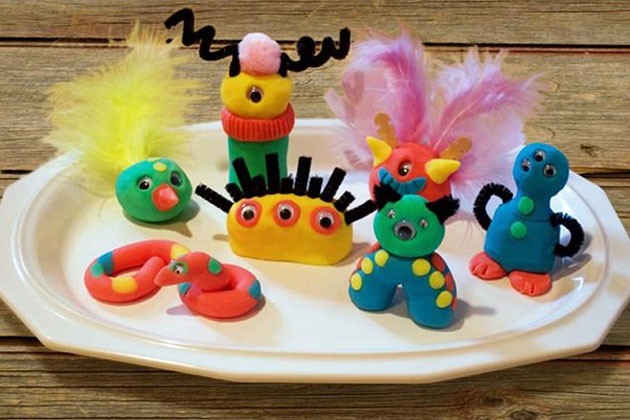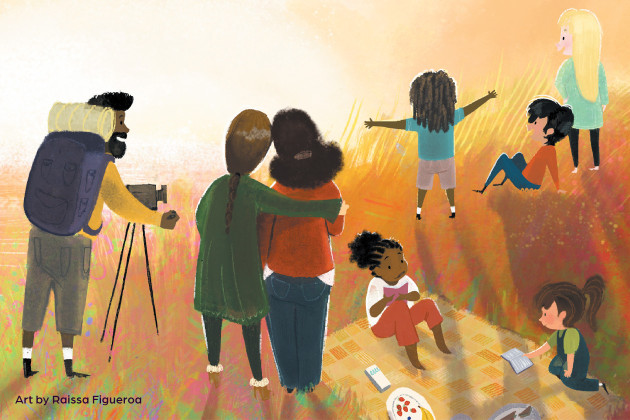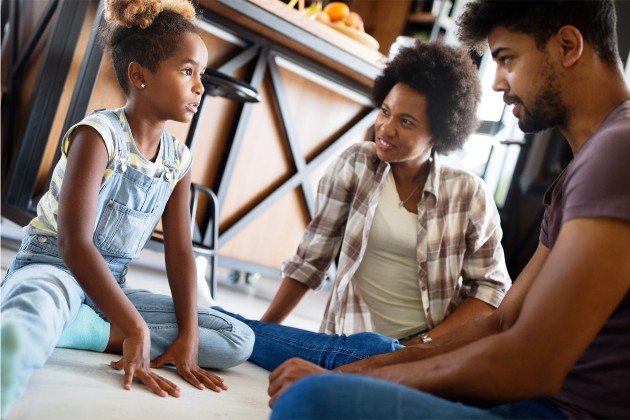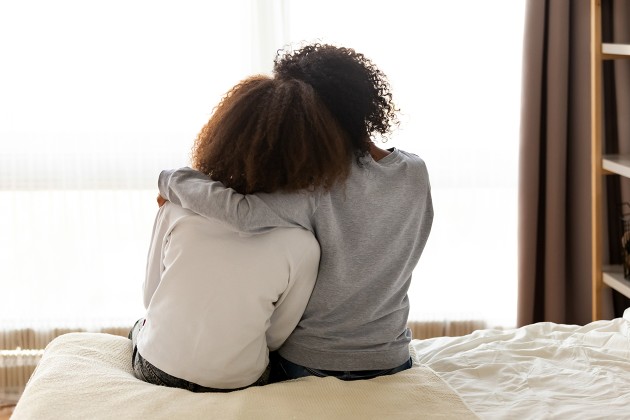Expert Advice on How to Talk to Your Kids About War

In this “Dear Highlights” podcast, as the war in Ukraine is at the front of many kids’ minds, Editor-in-Chief Christine French Cully and Hillary Bates, Director of Purpose and Impact, talk with Amanda Morgan from Save the Children.
Amanda is the Director of Humanitarian Fundraising, and she shares what the past few weeks have been like for the children of Ukraine, what Save the Children is doing to help children impacted by war, and how we can help talk about current events for kids here in the US who are frightened by the war and its possible impacts for the world.
They discuss the long-term effects of displacement and war on kids; what we can do when our kids are worried about the threat of nuclear war; and how kids around the world can support the children of Ukraine.
War can seem like a far-off issue; however, it does touch the lives of children in the US. Christine shared a letter that was submitted to Dear Highlights several years ago:
My dad is in the military, and he is away for 6 months. We can’t know where he is and it’s really hard. I act up. I can’t calm myself. Please help.
—Nervous in New Jersey
There are many messages from kids in the Highlights’ archives asking about conflict and war, going back as far as the Cuban Missile Crisis. Christine says that in these messages kids “sometimes…want more information to better understand what is happening. They almost always need to express their fears and hear reassurances. And often they want to explore ways to do something to help the situation. They’re always so optimistic and their desire to help is inspiring.”
“One of the ways kids inspire me is their willingness to understand the big significant events in the world.” -Christine Cully, Highlights Editor in Chief
Christine and Hillary ask Amanda how Save the Children provides relief for the long-term effects of war that children experience, and she says they work to provide integrated and holistic support. In doing so, they address both the needs of children and their grown-ups to provide non-food items and other humanitarian aid, like hygiene kits, to get them through their days with dignity during a humanitarian crisis. Amanda says that Save the Children is “the first to respond and the last to leave.” She wants kids in the US to know that there are people working directly with children in Ukraine and their grown-ups to create a safe environment.
Christine and Hillary share their gratitude for the work Amanda and her team are doing and ask two important questions that Highlight readers often ask when war and conflict arise:
- How can we talk to children about what is happening?
- How can kids get involved and help?
Amanda shares that right now Save the Children has a campaign for children to draw flowers and post them on social media using the hashtag #FlowersForChildren. The flowers are “a symbol of hope and better things to come.” Drawing flowers, Amanda says, can be a calming experience for children and help them feel like they’re doing something immediately to help. Beyond the flower campaign, she suggests that children can work with their families or communities to raise money or collect other charitable items.
The discussion turns to how to talk to kids about what’s happening. Amanda says that at Save the Children they’re all about raising kids who care, and she suggests that adults should:
- Talk to their children regularly about how other children live in their community and in the world—explaining similarities and differences related to cultures and experiences.
- Tailor the conversation to the child and keep the discussion simple.
- Answer questions in a simple manner, while letting the child lead the conversation.
Christine adds that one of the pieces of advice Highlights gives to grown-ups is to make sure they are able to regulate their emotions and process what is happening, which has been difficult during the coverage of the Ukrainian war.
Christine asks what advice Amanda has for adults who are struggling to find a way to process the horrific news and help their children talk about it. Amanda notes that there are resources on the Save the Children website, outlining 5 tips for talking about difficult topics:
- Make space
- Validate their feelings
- Tailor the conversation (don’t overexplain)
- Reassure them
- Give them ways to help
Christine adds that kids don’t need all the answers. They just want to be heard and reassured.
Hillary brings up the difficult topic of nuclear war, and how it shows that “adults don’t always have a well-organized world to offer to children,” but we can always offer a space for discussion. Adding to this, Amanda says that “coming together as a family and sharing the love we have for each other and acknowledging that things can be scary, sitting with people alongside them as they experience pain or they experience frustrations or nervousness…and also recognize that you don’t always know your child’s thinking about this and watching out for signs that they might look a little bit off is important. She reminds us that “acknowledging our limits as parents and human beings is hugely important and [to] giv[e] ourselves grace.”
Each podcast ends with Christine asking the guest this question: Children are the most important people, and if we as a global society really believe that, what might we do differently right now to show children that truth?
Amanda answers by explaining that we should be elevating children’s voices. “We shouldn’t try speak for our children all the time. We want children to be heard, from family discussions to international discussions. Children should have a space at the table, and children should know that what they think and feel matters.”
Dear Highlights addresses the issues around being a kid today and offers parents expert advice to help raise their children to be their best selves. Tune in wherever you listen to your favorite podcasts! We launch a new episode every Tuesday morning.









